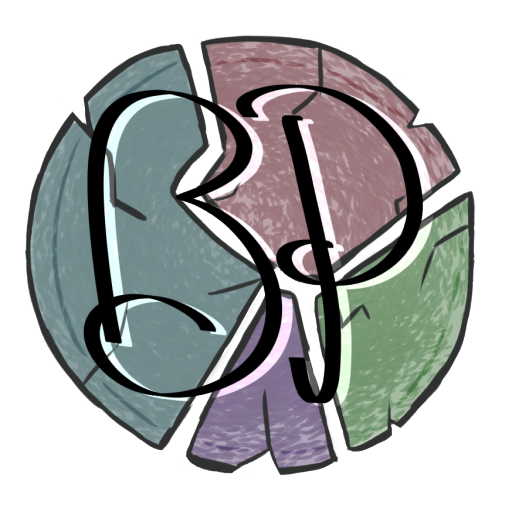Vincent Ramos-Niaves is the current Managing Editor for The Broken Plate 2021. He is a senior English Literature major at Ball State University. In this post, Vinny provides insightful commentary on Barbara Brooks’ poem “Dad’s Hip Fracture,” which was previously published in our most recent 2020 issue of The Broken Plate.
________
“Dad’s Hip Fracture,” by Barbara Brooks
It took only one slip from your chair
To make your life as fragile as the broken bone.
I’ve fallen and I can’t get up
No laughs or sniggers
From the television audience
This time it is real
Two
from
Physical Therapy
Come
To up
Lift you
I know that you will not walk again,
Curled up like an autumn leaf,
You sleep. The pump that carried you
through 89 years, falling. For the last time,
it trickles the blood uphill. Your last breath
So weak it could not puff out a candle.
________
This piece was published in our 2020 issue of The Broken Plate, released in October of 2020, and was selected with high marks from our journal’s editorial team. When selecting work, we look for a few things: quality of prose, depth of the work, creativity (though this is really just a bonus category), and, most importantly, whether or not the work fits in our journal both spatially and ideologically. This piece exemplifies every one of these criteria and goes on to contest the idea of the Broken plate through a unique lens of pain and uncertainty.
The most important thing to us as editors is that an author must live in their truth. Pain shouldn’t be sugar-coated, joy shouldn’t be darkened, and warring emotion shouldn’t be abandoned for the sake of clarity. This, we have found, creates a more genuine experience while reading any piece from fiction to poetry to creative non-fiction or any others. We see so many stories that attempt to teach lessons or how to get over a moment, but the ones that truly stick with us tend to use the emotions of their characters and their experiences to convey a feeling and a sense of a moment.
This piece, specifically, is a perfect example of this. It truly forces you to live in the moment of loss, every second slowed to let it sink in. We see this particularly in lines 7-12 describing the moments after the narrator’s grandfather had fallen. In this section, the words seem to fall just as the grandfather had, making the words more powerful. The breaks in reading the form force the reader to slow down and pause at each individual line, forcing them to linger in the moment, feeling the slow and tragic fall from the before to the after. The section is a clear designation of change that shifts the tone of the passage. It’s a moment of pause before that final release where the terrible thing destined to happen does. By forcing readers to exist in that time and place, Barbara Brooks forces us to confront the reality of that shift in its original moment.
This section of the piece is what originally captured our editorial team’s attention. The prose, story, and emotion earned it a place in our journal, but its application to our journal’s purpose is what earned it a place in this blog. This piece captures a moment of brokenness and pain that adheres to what we hope to bring to our future publications. We seek to celebrate these moments and the happier moments that follow them. We hope to find a light and the end of this tunnel and recognize the cracks created within anyone who has been through any event that has left a similar scar in order to heal and grow. And while not every submission we publish may not follow these criteria exactly, We hope that in any issue of the Broken Plate, readers can look through the work of our amazing contributors and connect with it.

